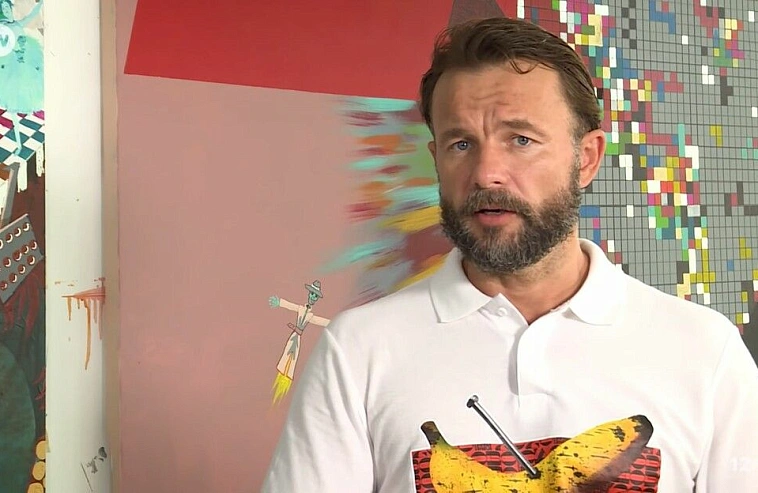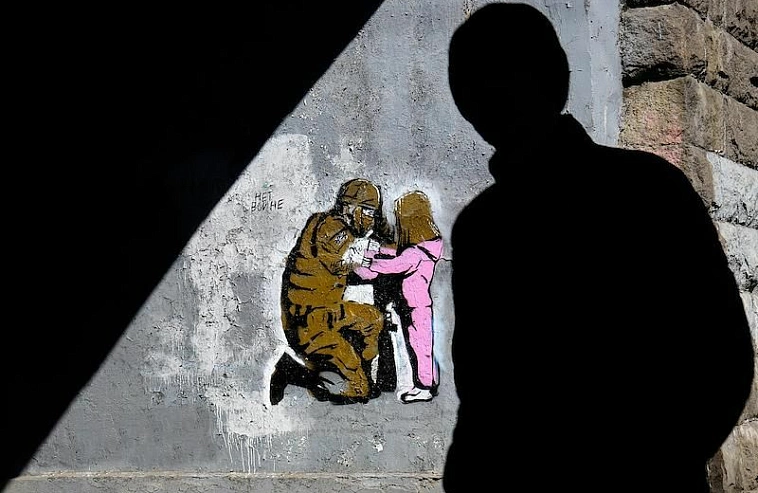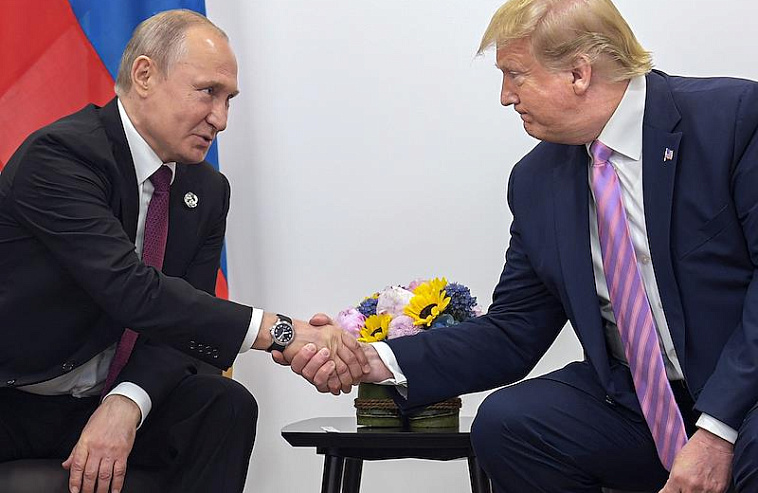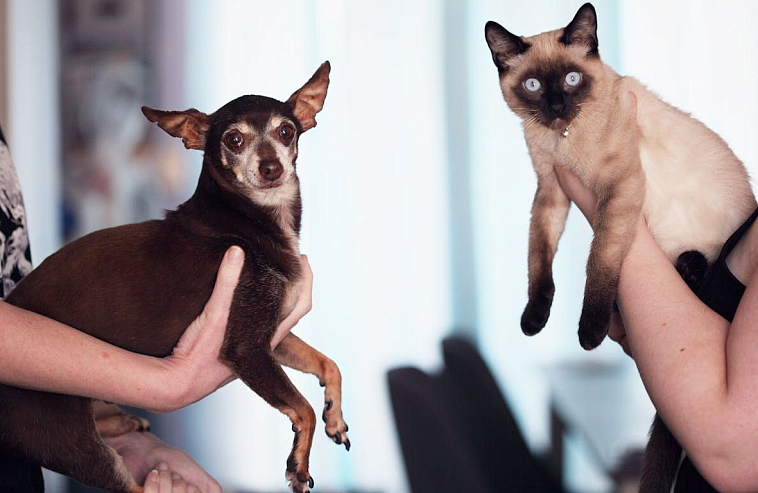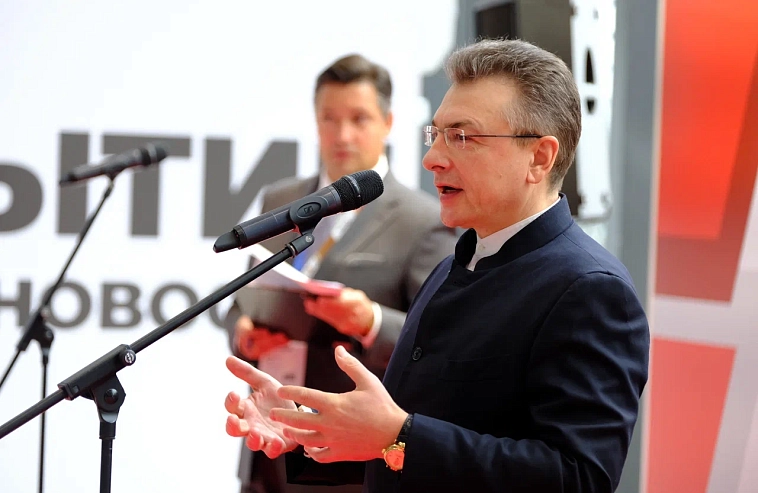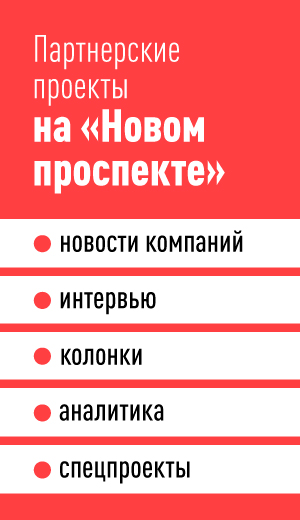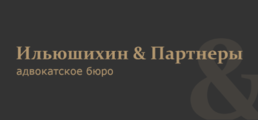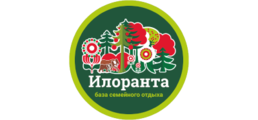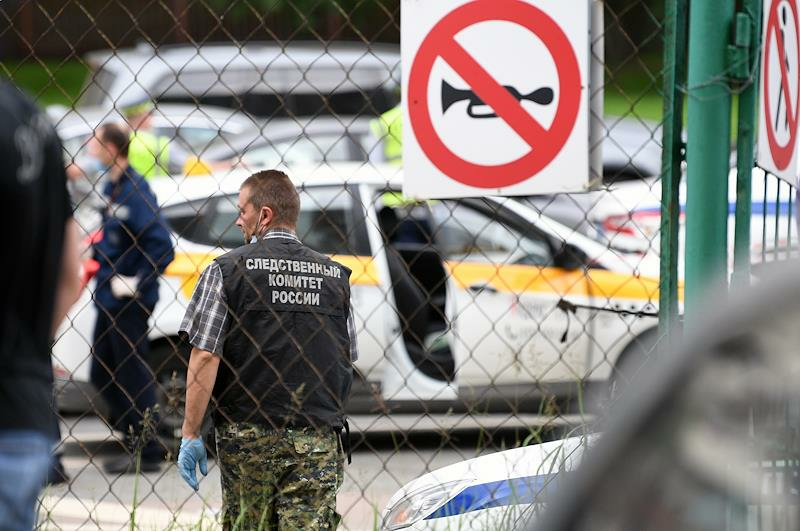
Text by Mikhail Shevchuk
Translation by Vladimir Kolosov
A rapid collapse of the Russian media space is one of the conspicuous signs of the creation of a «new normality» — definitely not the only one, but maybe the main one. However, this issue is not for journalists to judge. In the hostile realities, literally taking place in a neighboring country, but also figuratively — on a planetary and civilization-wide scale (this is how the Kremlin-based ideologists present the state of things), freedom of speech seems to be an obstructive, heavy tail that beats in the legs, just like a relic of the past.
Echo of Moscow and Rain TV channel have been blocked (recognized by the Ministry of Justice as foreign agent media). Many editorial offices, including large and reputable ones, announce the suspension of their activities, because they do not see any opportunity to work under the conditions that the authorities have announced. The list includes Znak.com, and the BBC Russian Service. The Bell editors announced they completely stopped covering the «special military operation» in Ukraine. Other media faced being blocked, such as Meduza (unwanted organization and recognized by the Ministry of Justice as a foreign agent media), the same for the BBC and, for some reason, The Village.
Censorship is an indispensable wartime tool. In addition to a set goal of preventing accidental leaks of information about troops and weapons, it becomes a vital task for the state to maintain morale in society and prevent panic. The enemy must be convinced of the complete unity of the people opposing him, and the people themselves must be convinced of the same. In such circumstances, objectivity is simply not needed. In general, military confrontation for any state is a matter of existence, and in order to do that it uses the mechanisms that are inapplicable in peaceful life.
We all read about the adventures of military correspondents during the war with the Turks in the Balkans in Akunin’s «Turkish Gambit», but at the beginning of the 20th century their freedom was already noticeably limited. Censorship of any military information was introduced in Russia in 1904. According to the Regulations on War Correspondents adopted in 1912, no one except them had the right to report information about the state of affairs at the front. Journalists could work only with the permission of the General Staff, with a certificate of trustworthiness and a deposit. All journalists and photographers were attached to the military censorship department, where they had to show their publications first. Otherwise, the first time you would get fined, and the second time — deprived of your status.
The next day after Russia entered into the First World War, Nicholas II issued the Regulations on Military Censorship with a long list of topics prohibited from public disclosure. In addition to the actual information about the state of troops and actual losses, it was forbidden to talk about unrest among local residents on the occupied territories, as well as «assumptions and actions of the army and navy or any kinds of military events and rumors related to them.» Despite the fact that formally, journalists were allowed to communicate with the troops, many army commanders directly opposed that. Moreover, they were given the right to close any publications they wanted, and they naturally did that.
It was not limited to the military and related issues: the censors were instructed to pay attention to «politics» in letters and publications. Censorship did not only concern the media: anyone «guilty of anti-war propaganda public speeches, or in press reports published upon the announcement of mobilization, or during the war» was subject to imprisonment for two to eight months (but not for 15 years, as it is now), because the state considers anti-war propaganda at such a time not just a violation, but a betrayal.
On the other hand, for the media, problems were not limited to censorship alone. There were shortages of paper and funding. «The European war that broke out in the second half of the year, put almost all Petrograd-based monthly magazines in a completely hopeless situation,» stated the publishers of Novaya Zhyzn and Svobodny Zhurnal to their subscribers in 1914.
However, in solving the problem of universal protection and strengthening, the state faced another problem — feedback between the front and the rear. Every soldier wanted to tell his relatives about himself, while the relatives, in turn, really wanted to get such information. It is also extremely important for the whole society to be aware of a situation on the front lines. The longer battles were, the more acute the need for information became. Official communiqués were generally unable to satisfy it, which led to a drop in morale. That was exactly what the authorities were trying to get away from.
No less important was the fact that the authorities just deprived themselves of the opportunity to gage the mood of society, which typically changes during wartime. Therefore, they could not respond to this in a timely manner.
Naturally, during the Second World War there was also censorship. However, it was easier for the Soviet authorities: there was a complete consensus in society concerning the goals and objectives of the Second World War. Secondly, not a single political power in the country could think to put an end to that war, even theoretically (naturally, we are talking about the Great Patriotic War, but not the Polish campaign or annexation of the Baltic states and Bessarabia that preceded it).
It is probable that the current state of affairs is not what we would really call a military censorship. In fact, Roskomnadzor does not even allow it to be called a war. Apparently, we should call it a «special media operation.» Unlike in previous times, any information today is no longer distributed on paper, but in an electronic format, which is more difficult to control than physical media.
One day, we assumed that the state needed to block social networks in order to control the whole picture of what is going on. The next day, Roskomnadzor blocked Facebook and Twitter. YouTube seems to be next. As it turns out, preparations for the «Runet sovereignization» were quite serious, so they literally blocked the largest services by just pressing a button.
However, it is not that easy to block internet channels completely. Citizens who follow the situation relating to the special operation are bombarded by enough Telegram channels with reports of unknown origins in order to get their emotions under control. Their audience seems to be even larger than the unfortunate Dozhd TV (recognized by the Ministry of Justice as a foreign agent media) managed to cover.
A strange picture emerges. In parallel, there are two media realities: in the legal one, information is stingy and monotonous, but in the illegal one, there is a certain overabundance of it. As in the black market, there you can find anything to satisfy the readers' taste. Although no one is responsible for the quality. The rumors that inevitably appear under such conditions usually turn out to be much more incredible than any information coming from the opposition media leaders. However, they are much more difficult to control.
The consequences will most likely be destructive for the Russian media industry, as far as it has existed so far. It would be quite difficult for editorial offices to restart — namely for those, who have stopped or at least suspended their work. Their employees have gone elsewhere the audience changes. While the shells rumble, the silence is hard to notice, but when they stop, it becomes deafening.


